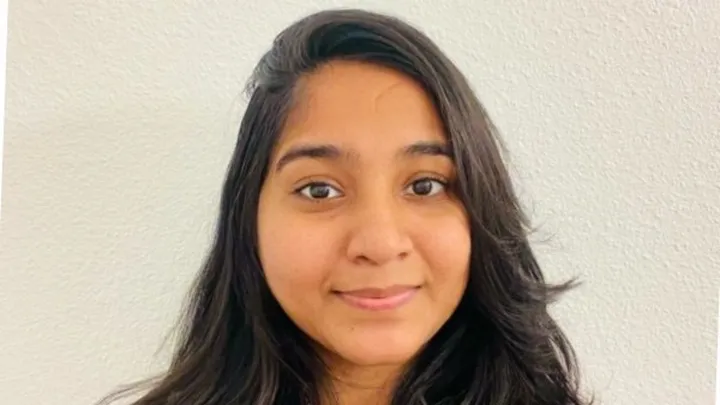By Taylor Dobbs, News Staff
In Bangladesh, children learn language not from a constant barrage of television and movies or pre-school teachers, but on the laps of their mothers. Before they can speak, the children communicate with their mothers through hand signals. After that, they watch their mothers’ mouthes move, and slowly learn to speak.
The language they learn in those early years is called their mother tongue, or – in Urdu – ma ki zaban.
Language, though, is about more than family heritage, said Jawaid Stationwala, a third-year student studying public interest law with a focus on indigent defense at the Northeastern University School of Law.
“The reason language was so important,” he said, “was because through language you can … control a country economically and physically.”
This is the crux of “Ma Ki Zaban,” an upcoming documentary by Stationwala, who has spent almost two years in Bangladesh since he first went in 2006 to study public health before entering Northeastern’s law program.
When he returned for the second time in 2008 as a Fulbright scholar studying child labor as it relates to public health, Stationwala decided to make a documentary about the struggle of Bangladesh’s Urdu-speaking community, which faces prejudicial treatment from Bengali speakers in the country.
The issues facing Bangladesh stretch back to 1947, Stationwala said, when Pakistan broke off from India and became its own state. The land divided again in 1971 in a war that ended with the formation of Bangladesh in what used to be East Pakistan. Part of the hostility which led to the war was caused by the declaration that Urdu would be the sole language of Pakistan, though many in East Pakistan spoke Bengali. After the countries separated in 1971, the Bengali majority in Bangladesh caused the Urdu minority to become isolated. Forty-one years later, the situation remains tense.
The Northeastern Law forum sponsored a pre-release screening of the film Monday, where Stationwala presented the film and held a discussion afterwards.
Professor Margaret Woo at the Northeastern University School of Law plans the quarterly Law Forum events, and said she was interested in featuring the film because she thought it fit well with the purpose of the forum.
“It was brought to my attention that one of our students had done a Fulbright in Bangladesh and had made a documentary film that documents some very important international issues,” Woo said in a phone interview.
The forum, Woo said, is intended to focus on current legal issues, both international and domestic, and draw both law students and undergraduate students into a debate about the subjects.
“Ma Ki Zaban” focuses on the struggle of Urdu-speaking people to maintain their language and culture while still becoming a part of Bangladeshi society by moving beyond the refugee camps many have been in since the 1971 war. Some hoped to return to Pakistan in the years after the war, but many, Stationwala said, are starting to look forward.
“The large majority of the people in the camps [have] never even seen Pakistan,” he said.
“Ma Ki Zaban” features interviews with almost exclusively Urdu-speaking Bangladeshis, so subtitles ran throughout the majority of the film, which is just under an hour long.
“I chose the film because it documents an important human rights movement in Bangladesh – that of the Urdu minority’s efforts to preserve their language and culture,” Woo said in an email to The News. “I found the film lyrical and beautiful, capturing the plight of the Urdu minority to its fullest.”
In one interview in the film, a young boy, the grandson of an Urdu poet, breaks up the subtitles by speaking in clearly understandable English. While this gave English-speaking members of the audience a break from the subtitles, it also highlighted a threat the Urdu language faces in Bangladesh. In a country that speaks predominantly Bengali and an international community that speaks predominantly English, can the Urdu language survive?
Stationwala said he hopes it can, and the question inspired his documentary. The issue holds personal weight for Stationwala, an Indian Muslim.
“I’m a first-generation here, and you see the kind of cultural identity wash away generation by generation,” Stationwala said. “So I was interested in their struggle for this preservation of their identity.”
Stationwala said he plans to refine the film some more, noting that the screening on Monday was only a “rough cut” of the final product. Once it’s complete, he said he hopes to submit it to film festivals and allow it to serve as a document for Urdu-speakers to go by as they seek to preserve their language. Stationwala said there were not yet plans to screen the film again.
“I think a lot of people have overlooked this community,” he said at the screening.
“Ma Ki Zaban” is his effort to bring attention to Urdu-speaking Bangladeshis, not to break into the film world; when an audience member referred to Stationwala as a filmmaker at the screening, he laughed.
“Don’t call me that,” he said. “This is a fluke.”








